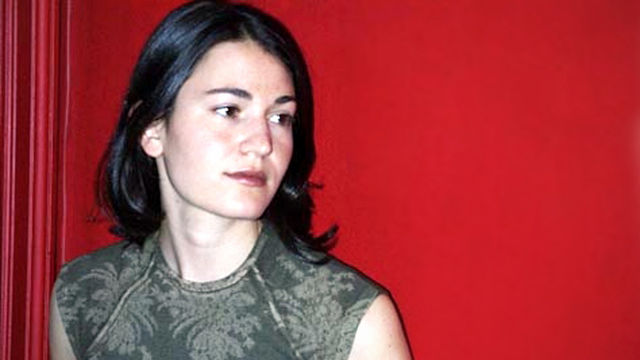The History of Love by Nichole Krauss


The great tragedy of life is this then, our friends are not allowed to finish their stories.
My second reading of this book bore out my feeling the first time I read it. The first two hundred pages are a stunningly beautiful and moving account of love and loss and the stories hidden within stories and then, of a sudden, it’s as if Krauss handed the novel over to her distinctly less talented husband to finish off the book. She ruins it with the fourth of her narrators, the entirely preposterous whimsy of Bird who is a kind of identikit of Foer’s equally irritating cutesy cutesy little boy narrator in Extremely Loud. Bird is a mistake and the attempt to add still more madcap tomfoolery and another search for a missing person, a person who doesn’t exist, is just daft. Bird as a character is a joke that simply isn’t funny. And to make another mystery of a mystery, to create another story with the honeycomb of stories, backfires horribly so late in the novel. I don’t think I’ve ever read a novel that punctures so catastrophically towards the end and has left me feeling so angry and cheated.
I'd forgotten how beautiful most of this novel is. How poignantly and succinctly Krauss conveys the childhood love of two Jewish children before the Nazis arrive. How magically she recreates Leo’s memory. And how alive and full of the heart is the old man recollecting himself as a boy in the narrative. Leo is a brilliant and heartwarming depiction of old age just as Alma is a fabulous evocation of adolescence.
Krauss writes brilliantly about love, in all of its forms. She’s got a marvellous eye for epiphanies and evokes them with searing poetic simplicity. And the multi-layered form of the novel where three narrators are each telling missing parts of each other’s stories is brilliantly achieved. It also works great as a literary detective story. Almost you have to keep a list of the clues as you’re reading.
So, absolutely brilliant until Krauss’ ultimate recourse to whimsy, as if she and her husband were sharing some private joke, and which comes very close to spoiling the poignant moving emotional fabric of this novel. Conclusion? The Great House is the better novel.
 1
1



